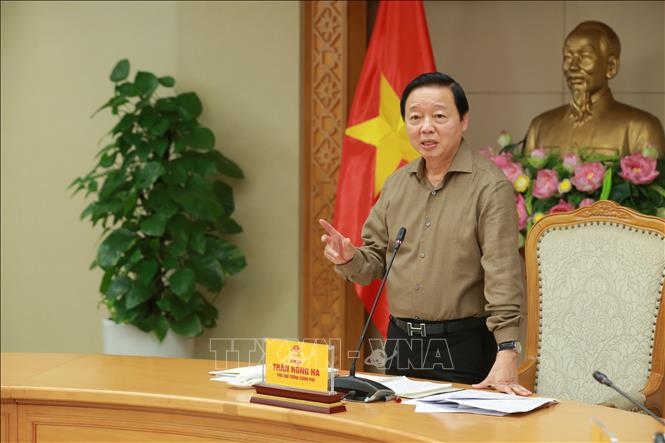
Point out the problem of breakthrough and innovation
Concluding the meeting, Deputy Prime Minister Tran Hong Ha requested the Ministry of Agriculture and Environment to fully absorb all opinions and promptly complete a report with high quality requirements, pointing out breakthroughs and innovations.
The report should focus on assessing the results of the implementation of the Resolution, its institutionalization by laws, resolutions, and decrees; the level of completion of groups of targets and tasks; the shortcomings, limitations, and orientations for the next two years in the context of many changes in the international and domestic context. In particular, the report must analyze and clarify the content, quality of institutions, and suitability to the new period; and at the same time, clearly indicate responsibilities in organizing implementation.
The Ministry of Agriculture and Environment needs to take advantage of the results of the summary of three national target programs (new rural construction, sustainable poverty reduction, socio -economic development in ethnic minority and mountainous areas); at the same time, reflect the new thinking about agriculture "not only as a pillar, but now many industries have reached out to the world, demonstrating a pioneering role in the economy". In addition, the report must deeply analyze social changes in rural areas, the impact of urbanization, labor restructuring, social order and safety, ethics and culture.
The Deputy Prime Minister emphasized that the orientation of agricultural development in the coming time is multi-purpose and multi-value, including industry, services, tourism, medicinal herbs, carbon economy, green economy, deep processing, value chain development, etc. Rural areas must be planned comprehensively, linked with urban areas, and cultural identity must be preserved. Policies need to prioritize remote and isolated areas, linking economic development with poverty reduction, environmental protection, clean water supply, cultural institutions, and human resource training.
In addition, the Deputy Prime Minister requested clarification of solutions to strengthen linkages between collective economies, cooperatives, enterprises and farmers; classify policy groups according to regional characteristics; invest in transport infrastructure, irrigation, disaster prevention and control...
Shift from production to multi-value economy
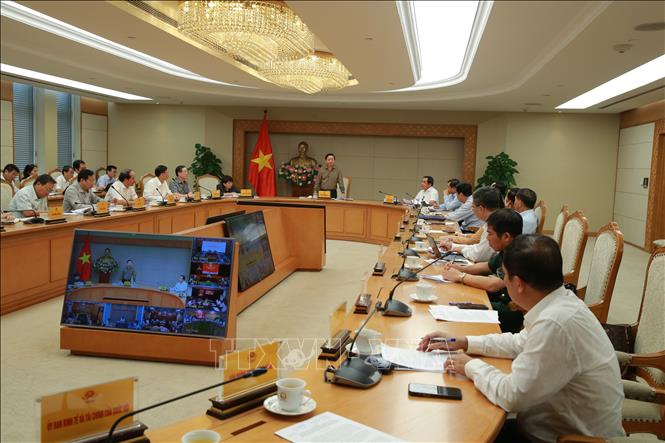
According to the draft report of the Ministry of Agriculture and Environment, after 3 years of implementing Resolution No. 19-NQ/TW, 14/14 targets ensure progress in achieving the goals by 2030. Of which, 2 targets are exceeded (GDP growth rate of the sector; forest coverage rate); 8 targets are likely to be achieved and exceeded (agricultural labor productivity growth rate; targets on new rural construction; proportion of agricultural labor in total social labor; forest coverage rate; rate of rural households using clean water according to standards; state budget investment for agriculture and rural areas). There are 4 targets that need to be strived for and have breakthrough and effective solutions to achieve the goals by 2030 (rural population income; vocational training for rural workers; rate of rural solid waste collected and treated according to regulations; growth rate of rural industry and services).
The system of legal documents on agriculture and environment has closely followed and basically institutionalized all of the Party's policies and has been constantly improved and updated; creating a unified and synchronous legal corridor; both handling "bottlenecks", clearing resources for development creation, and improving the effectiveness and efficiency of state management.
Agriculture has been restructured substantially and more effectively, positively changing according to the strengths of regions and market needs, proactively adapting to climate change. The whole industry has changed its mindset from production to agricultural economy, from single-sector development to cooperation, multi-sector development, multi-value integration; from agricultural supply chains to developing commodity chains.
Rural industry and services have developed strongly, contributing to economic restructuring, job creation, promoting synchronous mechanization between production stages and chains, and developing agricultural processing industry.
Along with that is the successful breakthrough of production organization forms in agriculture, in which cooperatives play a core role. Production and business chain linkages have been innovated to suit the market, large-scale commodity production; many certified safe agricultural product chains have been formed... In the period of 2021 - 2025, the results of applying science and technology to production and management have contributed to increasing economic efficiency by about 30%. Digital transformation has been applied in all fields, from management to production and consumption.
Total export turnover of agricultural, forestry and fishery products has continuously reached record levels, with 11 products having an export value of over 1 billion USD. The appearance of rural areas has been changing, narrowing the gap with urban areas, improving people's lives in general, and the essential infrastructure system in rural areas has been completed and gradually modernized.
Rural tourism has developed positively, associated with cultural identity and the “One Commune One Product” (OCOP) program, contributing to raising community awareness in preserving landscapes, environment and culture. A professional farmer force in rural areas has been formed. Many good farmers have become “locomotives” leading, striving to get rich, grasping technology, gradually improving labor productivity in rural areas...
Promote structural shift to valuable products and industries
Discussing at the meeting, delegates pointed out a number of shortcomings and limitations in the agricultural sector that have not been completely overcome, such as: Unstable agricultural growth; low quality and competitiveness of some products; limited innovation, digital economic development, and application of science and technology, especially high technology; and infrastructure for agricultural development that has not met requirements.
Some of the targets for 2030 in Resolution No. 19-NQ/TW are no longer suitable for the current situation and context, and need to be adjusted accordingly to contribute to double-digit growth and the implementation of a two-tier local government model. The problem of rural environmental pollution has not yet had a clear change, and in some places it is getting more serious...
Analyzing the current context, delegates said that the agricultural sector needs to be linked to science and technology and shift its structure to products and industries with higher value and efficiency, and agriculture needs to be seen as a high-tech industry. The State needs to have a policy of prioritizing investment in processing, digitalization and building raw material areas associated with "urban cores" to form an agricultural - technology - financial ecosystem. Along with that, it is necessary to focus on training human resources in a practical direction, linking digital technology and the market, forming a generation of 4.0 farmers who own production.
Contributing opinions at the meeting, leaders of ministries, branches and localities proposed a number of key solutions such as stabilizing prices of materials and input materials for production; supporting the expansion of agricultural product consumption markets; adjusting and supplementing mechanisms to encourage investment in agriculture and rural areas, especially high-tech agriculture and associated with the marine economy; solutions to increase income, improve life and social security for farmers; developing community tourism; perfecting credit, land, science and technology policies and human resource training...
Source: https://baotintuc.vn/thoi-su/pho-thu-tuong-tran-hong-ha-phan-anh-tu-duy-moi-ve-nong-nghiep-the-hien-vai-tro-tien-phong-trong-nen-kinh-te-20250924143022855.htm





















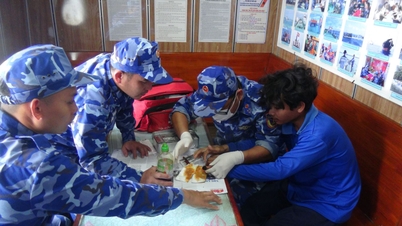
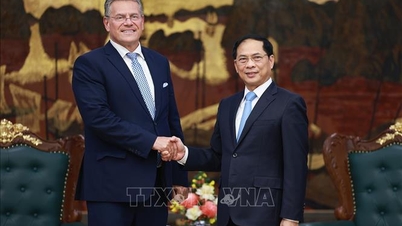











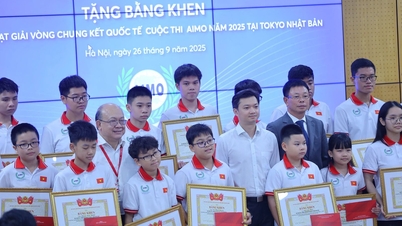


![[Photo] Prime Minister Pham Minh Chinh receives Secretary of Shandong Provincial Party Committee (China) Lin Yu](https://vphoto.vietnam.vn/thumb/1200x675/vietnam/resource/IMAGE/2025/9/26/821396f0570549d39f33cb93b2e1eaee)






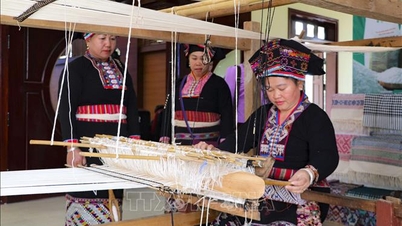














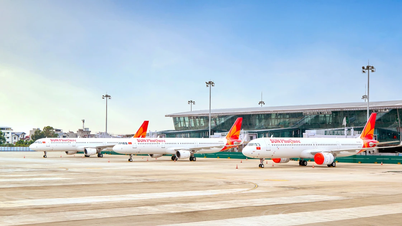




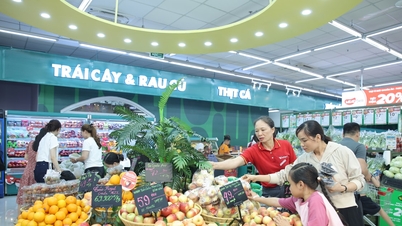

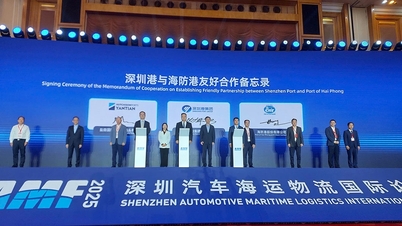









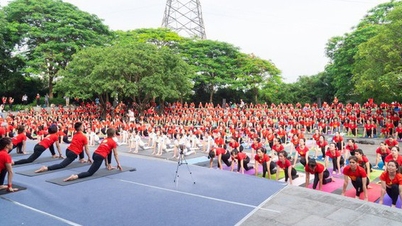



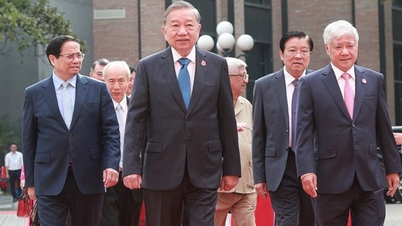



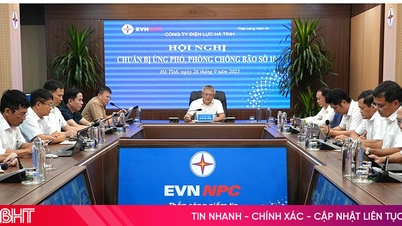













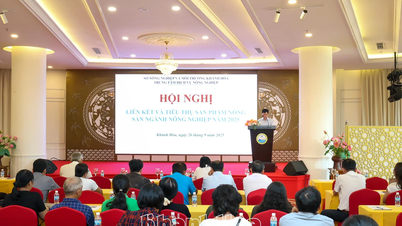









Comment (0)